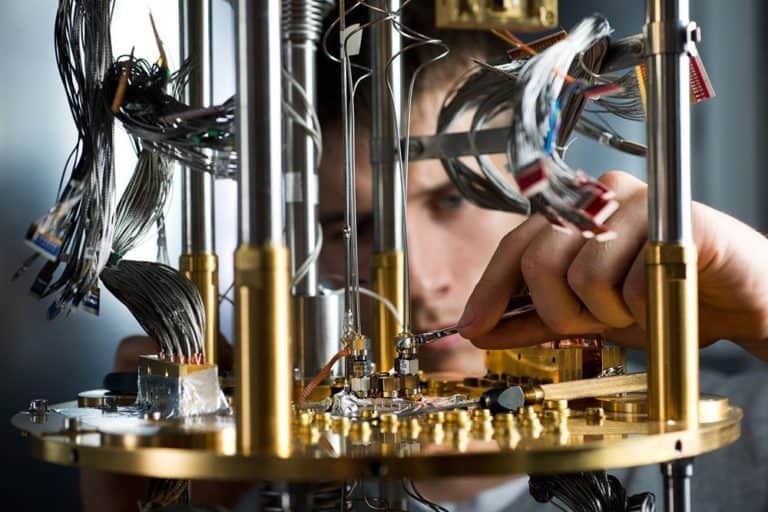Microsoft is opening its Quantum Development Kit (QDK) to developers. It is a first step by the software supplier in opening up its quantum ecosystem to experts, development and researchers.
The software supplier hopes that quantum computing will eventually be used to meet global challenges, such as solutions for clean energy and resource-efficient food production. In this respect, Microsoft is already collaborating with the American Case Western Reserve University in the further development of MRI scans for higher accuracy, according to SD Times.
Microsoft is very progressive in quantum computing. I think we are in the first phase of where quantum computing can be seen as the next big wave. We are probably five to ten years away from a revolutionary breakthrough, but it will be as big as data science, says Patrick Hynds, former Microsoft Regional Director and MVP and current CEO of DTS.
Q#
Microsoft launched the original QDK kit eighteen months ago. The package consists of the so-called Q# quantum programming language and compiler. It also includes enhancements to the US and US code development environment, integration with the Jupyter platform, and resources such as simulators and resource estimators so that developers can contribute.
QDK updates range from open source efforts to a new no installation option. These should make it easier for developers to participate and contribute to Microsoft’s quantum initiatives.
According to Hynds, it is not easy to find people who have skills in quantum computing. Partly for this reason, Microsoft makes it easier by offering the Q# quantum programming language. Developers can use it to program their simulators.
Promoting software
The collective contributions of our quantum community will promote the necessary software. From algorithms that unlock applications to tools that enable optimisation. These are necessary to overcome hardware problems. This allows us to solve challenges on the planet together, according to the Microsoft quantum team in a blog post.
This news article was automatically translated from Dutch to give Techzine.eu a head start. All news articles after September 1, 2019 are written in native English and NOT translated. All our background stories are written in native English as well. For more information read our launch article.